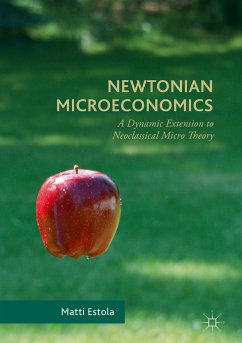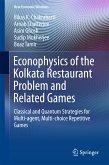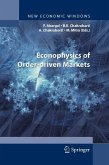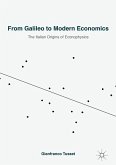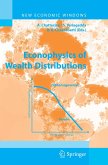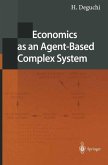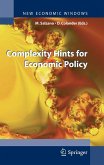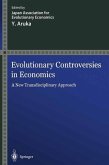Presenting the dynamic laws of economic quantities, this book tackles one of the core difficulties of current economic theory: that of transforming abstract equations of equilibrium into precise dynamic rules. The theoretical framework of neoclassical micro theory has historically prohibited its development into a quantitative science. Estola identifies the main weaknesses of this framework as follows: 1) Static optimization does not allow for the modelling of time-dependent production and consumption flows; 2) The assumption of optimal behaviours forecloses any understanding of changes in economic quantities, as none will change its optimal behaviour. The author of this title assumes that economic units tend to better their situation where possible. The book demonstrates how this approach leads to an analogous framework in economics to the Newtonian framework in physics. The 'forces' acting upon economic quantities are defined that either cause adjustment toward an equilibrium state or keep the system in motion with time. In this way, the neoclassical framework corresponds to a 'zero-force' situation. Introducing a system of measurement units for economic phenomena, Estola applies this throughout, and thereby illuminates a way for microeconomics to meet the minimum requirements of quantitative analysis.
Dieser Download kann aus rechtlichen Gründen nur mit Rechnungsadresse in A, B, BG, CY, CZ, D, DK, EW, E, FIN, F, GR, HR, H, IRL, I, LT, L, LR, M, NL, PL, P, R, S, SLO, SK ausgeliefert werden.

